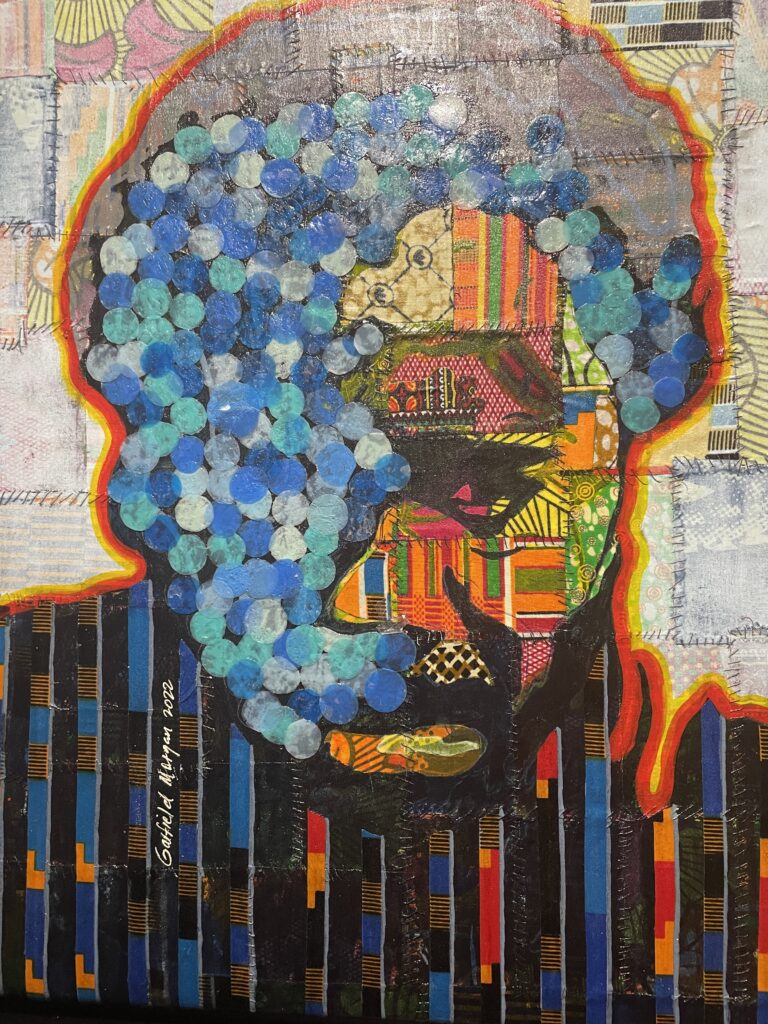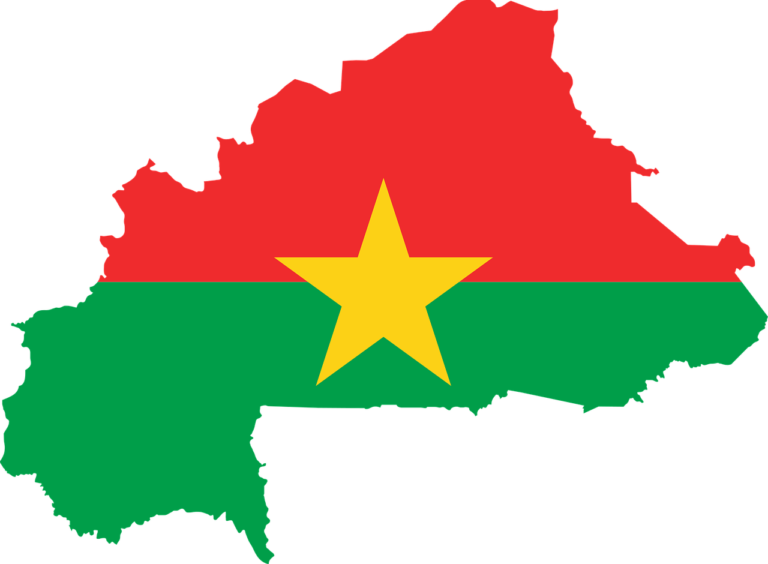Hall rivalry and violent clashes among university students in Ghana

Halls of residence are standard features of universities globally. That practice is salutary since it effaces one of the main difficulties encountered by many students, which is how to return to a decent residence after lectures. Students on campus have excellent facilities at their disposal and in the case of Ghanaian universities, one finds the following structures: a university hospital (that serves both the university and the neighbouring communities, banks, shops, restaurants, a little market, churches, a mosque, among others. Consequently, students go off campus only when they want to.
Of late, Ghanaian universities have been shaken by inter-hall riots that are manifested in open clashes and violent fights. The most affected universities are University of Ghana, Legon, Accra the premier university in Ghana. Built in 1948, it has a student population of over 38,000 and almost all areas of specialization from the arts to the sciences. The Kwame Nkrumah University of Science and Technology (KNUST) was established in 1952. It has a student population of 85,000 and offers training in numerous areas. It might help to point out that Legon covers almost all disciplines, with each of them being granted the same importance. University research remains one of the main preoccupations of the institution; such a mission obviously comes with academic chair positions and numerous research grants and fellowships. KNUST allocates more interest to science and technology, including fields like engineering, architecture, medicine and pharmacy, the pride of that university. Although the arts and social sciences are present, those two areas are not granted the same prestige as the science-related courses. Each of these universities enrolls students from all over the world.
Ghana currently boasts15 national public universities and about 45 private ones. The country also has a large number of teacher training colleges, nursing training colleges and technical universities. The University of Ghana has several halls of residence and, among them, Commonwealth Hall and Volta Hall are distinct since the first one accommodates only males, while the second one is for female students only. The others are mixed halls. Seven of the halls are said to be traditional, probably because of their seniority in terms of establishment. KNUST has six “traditional” halls which are now all mixed (management decision of 2018). Unity Hall (the continentals or conti for short) and the University Hall (Katanga) were previously exclusively male residences.
The most recent inter-hall riots saw students of Unity Hall clashing with those of University Hall at KNUST and Commonwealth Hall with Mensah Sarbah Hall at Legon. While the first one is said to have been triggered by a dispute over a route for procession, the second one is still a hot topic and keeps taking on new dimensions. The name Commonwealth Hall stems from the fact that the first batch of students were admitted into residence in 1956-57, a period which coincided with the year Ghana gained independence and joined the Commonwealth. The residents of the hall are called VANDALS, which is far from the first meaning attributed to the term. VANDAL is an acronym (often said ‘bacronym’ since Father Bacchus (Dionysus, the Greek God of fertility and wine is worshiped in Commonwealth Hall) is a combined summation of the attributes of Vandals and stands for the following: vivacious, affable, neighbourly, devoted/dedicated, altruistic and loyal. Mensah Sarbah hall was established in 1963 and named after John Mensah Sarbah, a lawyer and political leader of the Gold Coast (present Ghana).
The clash became public when, on 6 August 2022, the registrar of the University of Ghana, Mrs. Emilia Agyei Mensah, issued an official notice that stated, “Management of the University has noted with concern, yet another series of clashes between students of Commonwealth and Mensah Sarbah Halls, which occurred late in the evening of Friday August 5th, and in the early morning hours of Saturday August 6th, 2022. Management condemns these needless acts of violence that have led to injuries and destruction of property and calls on students of the two halls to immediately halt any planned continuation of these acts”. The rivalry between the two halls is legendary. This year’s clash occurred during Sarbah Hall’s celebration of the Okpo Festival which is part of the tradition of the hall (whose residents and alumni are called Vikings). Strangely enough, at the end of the procession, violence erupted between students of Commonwealth and those of Sarbah. The encounter was brutal and several days later, one could still see garbage cans filled with stones that were, allegedly, used as weapons against the Mensah Sarbah Hall students and facilities. The biggest offence is that the bust of Mensah Sarbah that stood at the entrance of Mensah Sarbah Hall was taken away. That hall is, therefore, referred to these days as a “headless hall”. While there are rumours that the bust was taken to Commonwealth Hall by some of the students of VANDAL City, others are more reserved and state that only the police who are currently investigating the case can state the whereabout of that famous bust.
A couple of facts call for caution and serious reflection. The beautiful and elegant b/acronym VANDAL has been reduced with time to “a mere destroyer, a lawless villain hooligan” and, as such, thugs have been passing for vandals and posing as alumni of Commonwealth Hall. Such criminals manage to get paraphernalia of Commonwealth Hall and hide behind it to commit the crime. Several incidents have exposed such ruffians who tarnish the reputation of Commonwealth Hall or VANDAL City.
At Legon a VANDAL is a scholar, a law-abiding young man. The record shows that the best grades at the University of Ghana are obtained by students from Commonwealth Hall. So, they “party hard and learn hard” in peace and serenity. The Junior Common Room (JCR), a key organization in the hall, has issued a communique, dissociating it from the feud. The JCR also condemns any office and media house that puts the hall’s name into disrepute. A case in point is a media house that refers to the chaos as “vandalism”, and this obviously means to many that Commonwealth Hall students are the culprits. What surprises and disturbs many is the punishment meted out to two administrators of Commonwealth Hall – the senior hall tutor and the hall master have been relieved of their duties. Then, the Governing University Council of the University recommends that Commonwealth Hall be surcharged with the cost of damages. The affiliates of Commonwealth Hall and all truth seekers (John Donne’s words ‘Truth Stands’ is the motto of Commonwealth Hall) are asking for the reinstatement of those two officials and the refutation of the unjustified surcharge. Some arrests have been effected by the police and eminent lawyers in the Old Vandals Association (OVA) or alumni of the Hall, unequivocally contend that all culprits in his clash must be brought to book. The central administration of what is very often called “the intellectual capital of the country” is relatively quiet. Meetings are being held behind closed doors. Most people hold their breath, waiting for the outcome of the investigation and the decisions of the Legon administration, the political actors and local government officials involved in this case.






